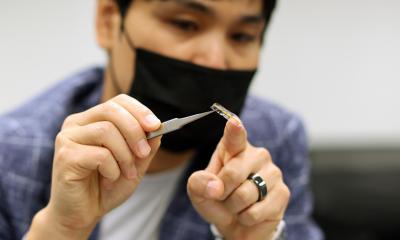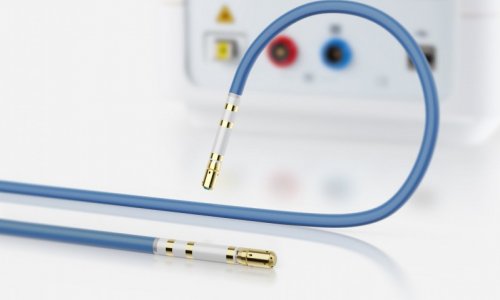Investigating treatment options for atrial fibrillation
The first patient has been enrolled for the largest pan-European study to determine whether an early comprehensive rhythm control strategy for the treatment of atrial fibrillation (AF) will benefit patients. Patients with recent-onset AF at risk for stroke or death are eligible for the trial. The researchers plan to enrol more than 3,000 patients from 200 centres in 11 European countries.
The European Heart Rhythm Association (EHRA), a registered branch of the European Society of
Cardiology (ESC) together with the German Competence Network on Atrial Fibrillation (AFNET) and
industry partners has joined forces to conduct the EAST (Early comprehensive Atrial fibrillation Stroke
prevention Trial) clinical trial. This investigator-initiated study aims to determine whether an early, comprehensive, standardised rhythm control therapy, when included in a comprehensive AF management strategy, has the potential to maintain the heart’s rhythm more effectively, prevent AF-related complications, and disrupt the cycles that maintain AF and cause complications. Professor Paulus Kirchhof, coordinating investigator of the trial, said: ‘The trial is based on the observation that insufficient, non-structured and
delayed therapy of the multiple factors that maintain AF and cause its complications has most likely contributed to the limited effectiveness of rhythm control interventions in past trials. This trial takes an important step forward to learn more about the value of rhythm control therapy to improve the lives of AF patients.’
Participants will be randomized to either an ‘early, comprehensive, standardized’ intervention to maintain
sinus rhythm on top of usual care, or to ‘usual care’ alone. Early intervention will include anti-arrhythmic drug therapy and/or pulmonary vein isolation (PVI) using catheter ablation as well as ECG monitoring
of therapy. Usual care follows standardized therapy under the 2010 ESC guidelines for the treatment of
AF.The primary outcome of EAST is the composite of cardiovascular death, stroke and heart failure or acute coronary syndrome (hospitalisation). There will be outpatient follow-up at 12, 24 and 36 months.
Details: http://www.easttrial.org
26.08.2011





